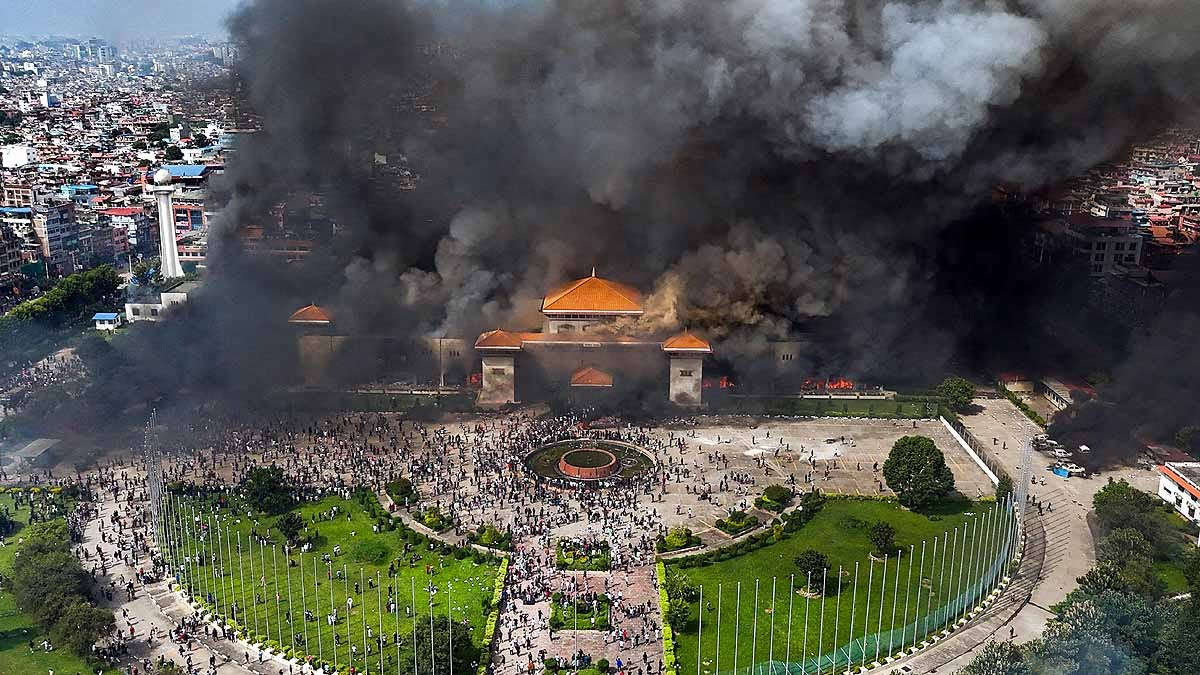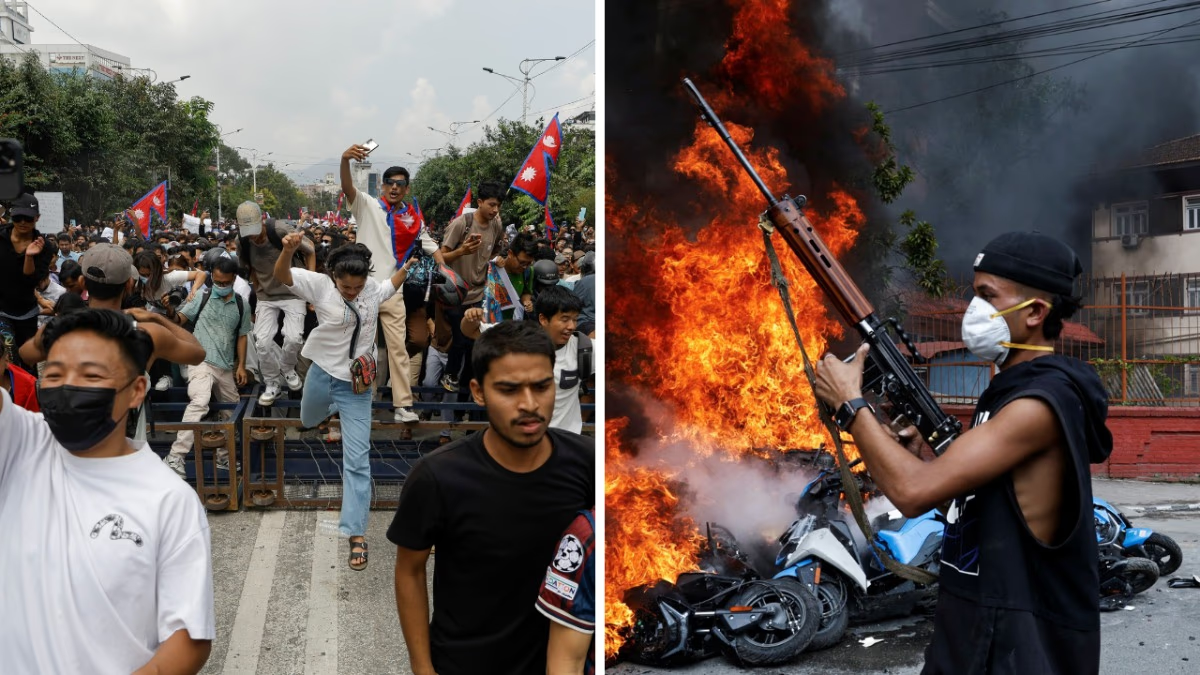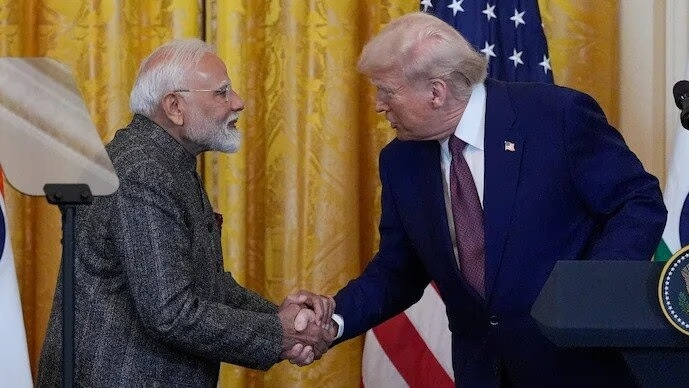The deep-rooted bond between Nepal and India has seen changes over time. Although ties exist, they've lacked depth as China began drawing Nepal closer with significant infrastructure investments. Under Chinese influence, many believed Nepal's governance tilted—an accusation faced by former PM K.P. Sharma Oli, who resigned amidst chaos and violence.
Currently, Balen Shah, also known as Balen, is seen as a political star with high prospects of becoming prime minister. Though unconventional, Balen has previously voiced critiques against India.
Strains between India and Nepal started surfacing around 2015 when Nepal adopted a new constitution, disregarding concerns of the Madheshi community with deep Indian cultural ties. The community's discontent reflected on the Indian border, posing opportunities for Chinese intervention. Delhi urged Kathmandu for reconsideration, and upon denial, India imposed a temporary control, perceived in Nepal as interference, igniting dissent.
This was China's cue to enter, investing heavily in roads and energy, strengthening Nepal-China diplomatic ties. Diplomats and leaders exchanged frequent visits, showcasing robust relations.
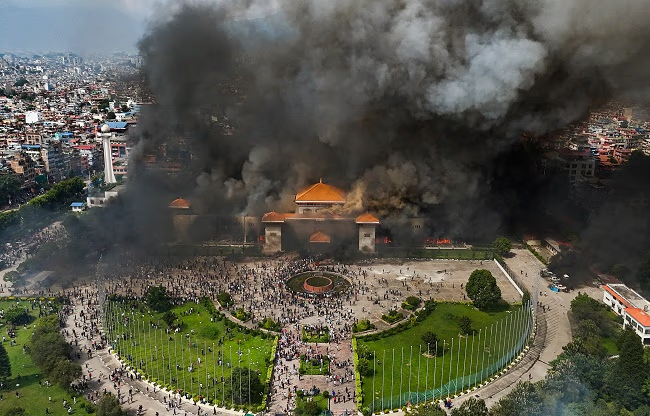
Source: aajtak
As China grows in influence, Nepal drifts, seeking a powerful ally, initially perceiving strength in Beijing. Yet, China's reputation for lending and intervening is not new, as seen in Sri Lanka, Pakistan, and parts of Africa. Nepal, amidst significant Chinese aid, saw leaders amassing wealth, their children thriving abroad, while the common people grappled with inflation and corruption.
Protests demanding a monarchy resurfaced occasionally, but recent demonstrations were unique. Within days, youth protestors disrupted politics; PM Oli resigned and went underground. Balen Shah emerges as a favored candidate, especially among Gen Z, who led the protests.
Balen's transition from civil engineer to musician, then Kathmandu's independent mayor, highlights him as an anti-corruption leader with independent views. Still, how he addresses India is a question—could he surpass past leaders like Oli in open dialogue?
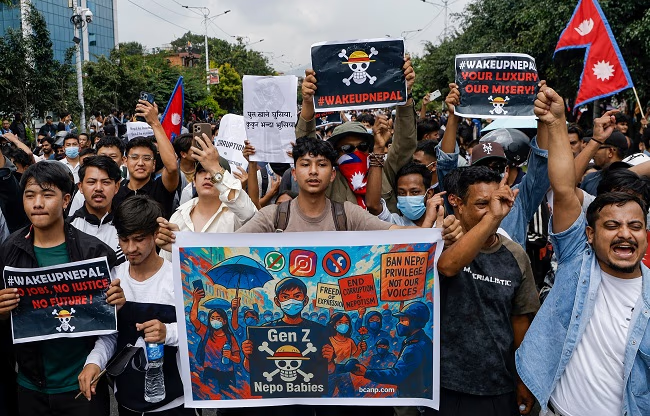
Source: aajtak
Let's review Balen's past statements and actions.
In 2023, Balen installed a 'Greater Nepal' map in his Kathmandu office, extending Nepal's borders into Indian territory—a political statement reflecting sentiments of historical border reduction during British rule, sparking controversy and direct Indian opposition, showcasing his intent.
When India's film 'Adipurush' depicted Sita as 'India's daughter,' Balen called it an assault on Nepal's cultural identity, going as far as suggesting a ban on Indian films in Kathmandu, and expressed on social media that India encroaches culturally.
While typically balanced, Balen shows subtle assertiveness towards India. As PM, he might strive for improved relations but remains deeply rooted in national identity, which may distance them.
Conversely, Balen remains cautious with China, known for substantial investments in Nepal, vital for economic prospects. Despite frustrations, notably when China released an incorrect Nepal map, prompting Balen to cancel his China visit, his music has humorously addressed corruption alongside Chinese investments. While minor, these episodes remain limited. As it stands, Balen's foreign policy appears balanced.

